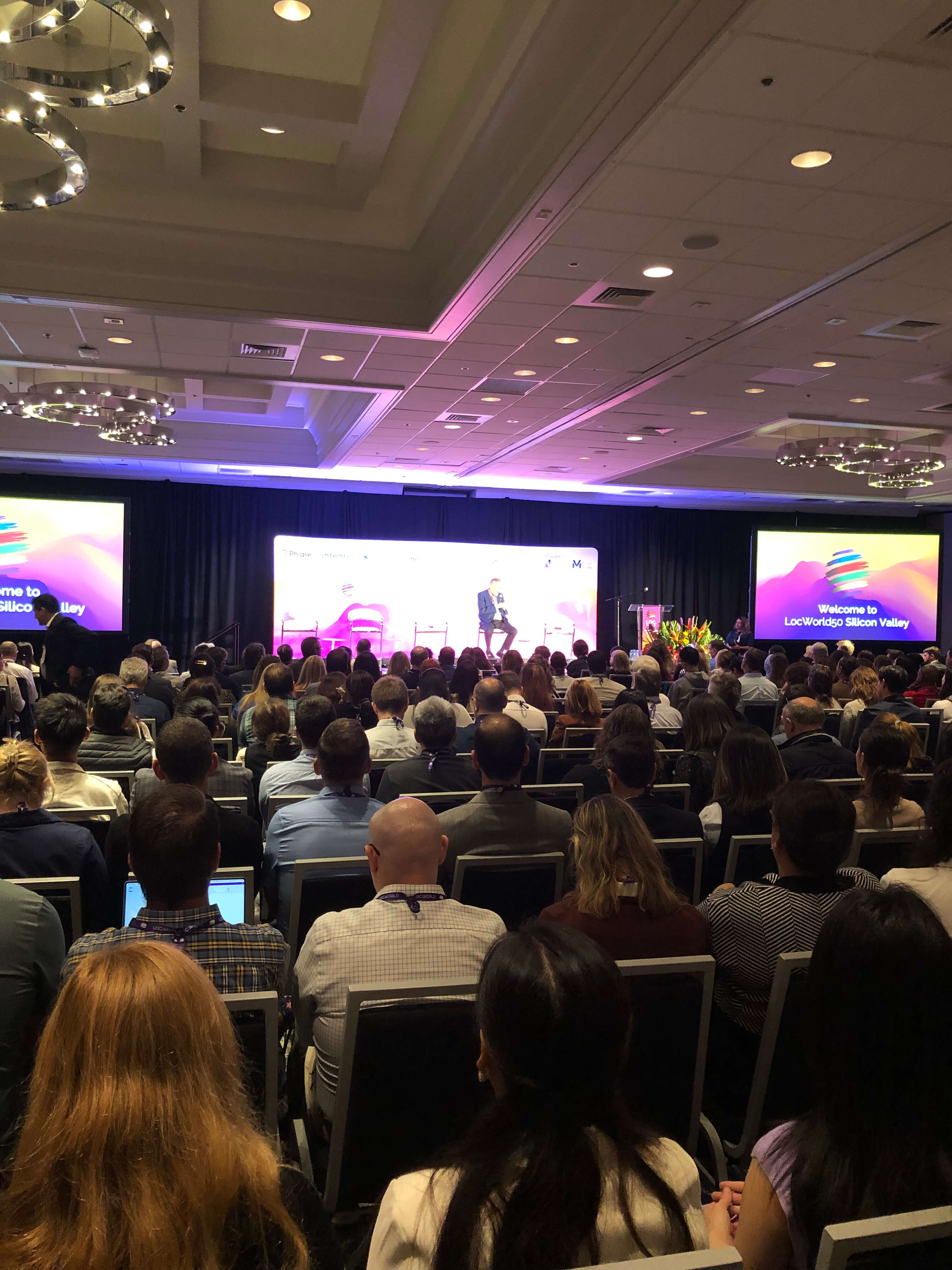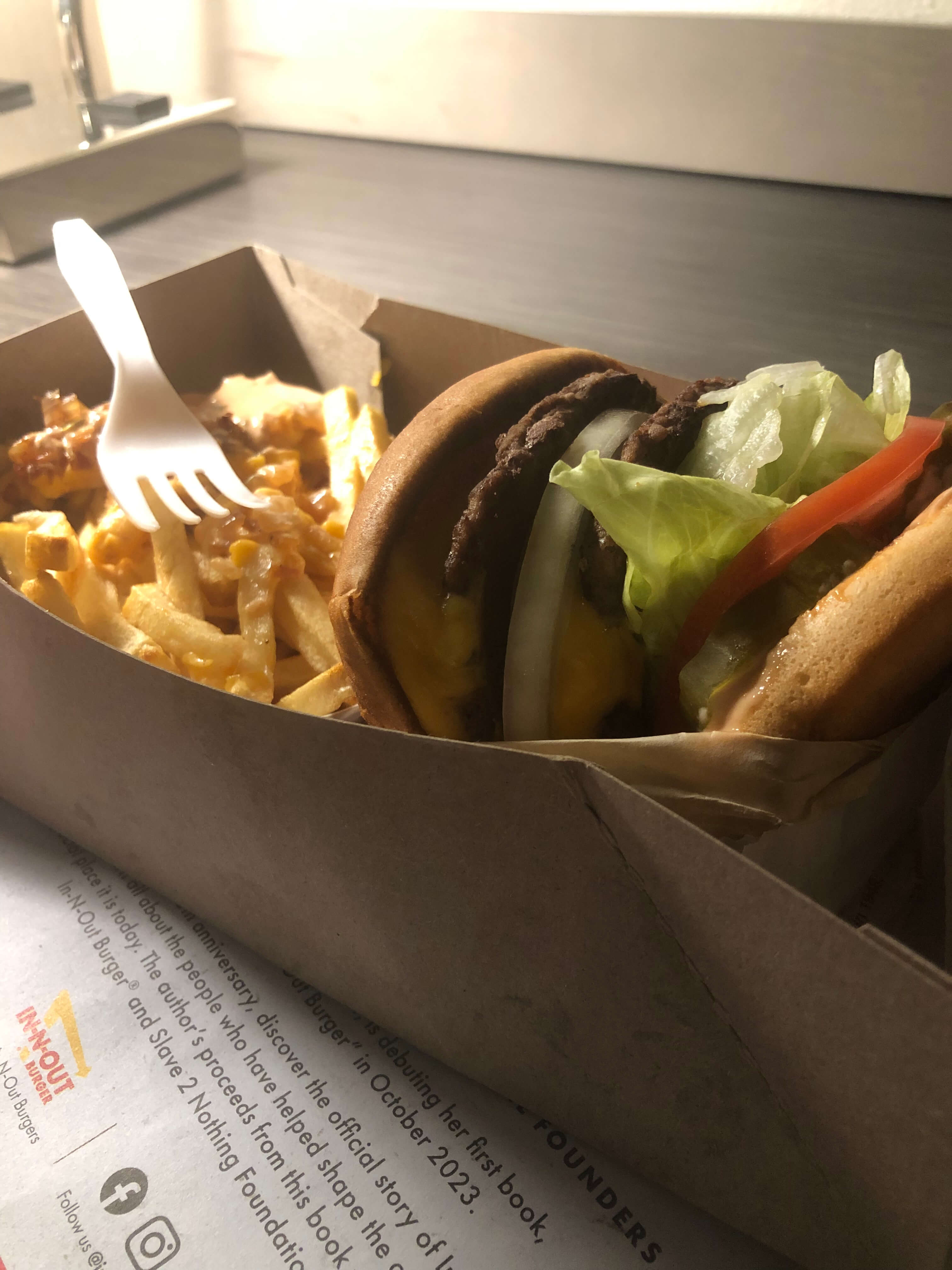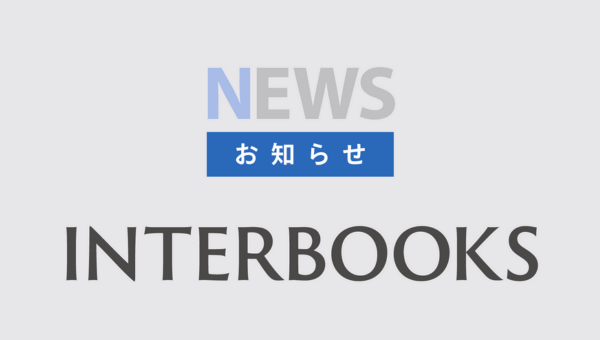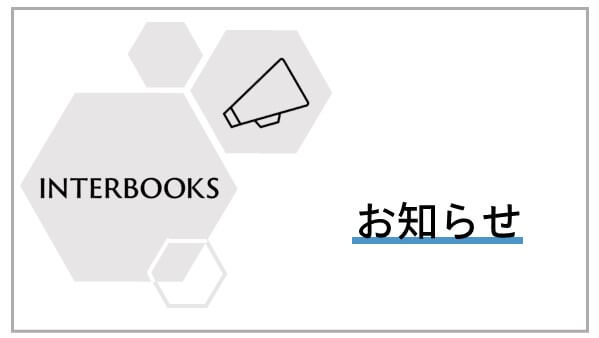- 2023.11.13
- 業務紹介
参加報告:LocWorld50 Silicon Valley

On October 10, 2023, Interbooks sent me on my first business trip to San Jose, California. Due to the COVID-19 pandemic, this was my first time back in the States after coming to Japan about four years ago on the JET Program. In many ways, it felt like a homecoming and a new beginning.
I was off to attend LocWorld50 Silicon Valley, an international conference where translation and localization meet business and technology. This was its 50th conference, and it was centered on AI with a theme of “Learning from the Past: Planning for the Future.”
I had a layover in Honolulu and experienced reverse culture shock immediately when I saw how expensive things got over the last four years. As you may know, prices rose drastically in the States due to increased interest rates, inflation, supply chain problems, and other factors. But $15 for eight pieces of refrigerated sushi? No way! That might have been because I was in an airport, but that’s insane!
Two hours later, I hopped on my flight to San Jose. Once I landed, it was a lot colder than I thought. I always thought California was hot, but it was around 55 degrees Fahrenheit (about 13 degrees Celsius), and I was freezing! I should have packed warmer clothes…It certainly lived up to the hype! My circadian rhythm was thrown off balance for the first night (and the next few nights), and I went to sleep at 1 in the morning, waking up 4 hours later. Curse you, 16-hour time difference!
On the first day of the conference, I headed straight for the main conference room to hear University of Michigan professor Jason Mars’s keynote speech on AI. He touched upon humanity’s rapid progress with the invention of the Internet and how he believed AI was in its boom phase. His dynamic speech left us with a lot to think about—how far will it go, can society adapt to it, and will there still be room for us humans? Professor Mars was confident and optimistic about the possible benefits of AI, but the audience seemed to have more mixed opinions on the topic.
After the keynote speech, I went around the booths on the second floor, exchanged business cards, picked up some cool swag, and learned about all the cool tech being developed in the field. Some booths showcased automatic workflow systems based on customizable algorithms, while others showed off audiovisual uses for AI.The representatives from GALA and the Localization Institute told me about other events and learning opportunities in the industry, the people at Phrase taught me some cool tricks to use their TMS more effectively, and a representative from Duolingo showed me how they’re utilizing AI to streamline language learning!

Once I finished perusing what each booth had to offer, I headed back into the conference room for the “Are We Still Valuable? Human Influence in the Post-AI World” panel discussion. Just like before, the panelists envisioned a world where humans could do more with the help of AI assistants, and—just like before—the audience was admittedly less than optimistic. In fact, one of the questions that popped up centered around the possibility that translators would end up living under a bridge. Unfortunately, the panelists couldn’t guarantee with 100% certainty that our jobs would be entirely safe. However, they reminded us that our end clients are people, so machines will never fully replace us.
The discussion I attended after that was Intento’s “Beyond MT: Automating Language Skills with GenAI,” which addressed constructive uses of AI in translation. The panelists showcased ways to help translations resonate better with audiences by using personalized AI models to quickly leverage cultural differences. For example, while North American audiences might prefer succinct advertisements with pragmatism in mind, Latin American audiences might resonate more with family-oriented themes. Similarly, they demonstrated how localizing a math problem from China by replacing Chinese references with American ones made the math problem more relatable and easier to understand. In both cases, AI would automatically adjust translations to fit their target audiences. The panelists, however, did mention the pitfalls of relying too heavily on purely algorithmic thinking, as it may lead to problematic generalizations of cultures. It was an enlightening panel discussion, and it gave me some ideas on how we could apply AI to our work at Interbooks.
After the two seminars finished, everyone boarded the bus for a fabulous dinner party at Villa Ragusa with drinks and food galore. I got to socialize with my tablemates and made new connections in the translation industry.
The next day, I went around the booths on the first floor and visited any booths I’d missed the previous day. Unlike the first day, I was also on camera duty, so I snapped some pictures at every booth. After lunch, I attended two more sessions: “A Conversation with Leading Minds: Unlocking AI, Workflow, and Scale for Your Business” and “Championing Cross-Partner Collaboration: Co-Opetition for the Greater Good.” The former session featured discussions on the importance of communicating with vendors, the potential use of AI for localizing job descriptions and hiring materials to unlock employment pools in different countries, and the possible replacement of translation by content generation. While the panelists in the latter session came from various companies, they collaborated to deal with similar or adjacent problems, showing us that vendor-side cooperation—even with your competition—might be necessary to thrive in an increasingly competitive post-AI world.
The final session in the conference room included the final remarks and a prize raffle. While I didn’t manage to win any additional prizes, the cheers from the crowd and their friendly banter made me feel like I was part of a larger community. There were even other former JET participants in attendance! With LocWorld51 Dublin on the horizon, I hope this will not be the last time Interbooks and I go to LocWorld. Interbooks and LocWorld, thank you for this wonderful learning experience! It was an honor!

This is my first In-N-Out burger!
2023年10月10日、私はインターブックスに入社してから初めての出張で、カリフォルニア州サンノゼを訪れました。COVID-19の大流行により、4年前にJETプログラムで来日して以来、初めてのアメリカ帰国です。いろいろな意味で、帰国したような、そして新しい出発のような気分でした。
この出張の目的は、LocWorld50 Silicon Valleyへの参加です。 今回で50回目となるこの会議は、AIを中心に”Learning from Past: Planning for the Future(過去から学び:未来へのプランニング)”と題し、翻訳とローカライゼーションのビジネスとテクノロジーの融合をテーマに掲げています。
ホノルルでの乗り継ぎで、この4年間で物価がどれだけ高くなったかを目の当たりにして、逆カルチャーショックを経験しました。最近のアメリカでは金利の上昇、インフレ、サプライチェーンの問題などで物価が急激に上昇しています。冷蔵寿司8貫で15ドル?信じられない!空港での値段だったのかもしれませんが、衝撃的でした。
2時間後、私はサンノゼ行きの飛行機に飛び乗りました。着陸してみると、予想していたよりずっと寒く感じました。カリフォルニアは暑いと思っていましたが、華氏55度(摂氏約13度)くらいで、凍えそうでした!もっと暖かい服を用意するべきでした。
最初の夜から(その後の数日間も)私の体内時計はバランスを崩し、朝1時に眠り4時間後に目覚める日々でした。16時間の時差は大打撃です。
カンファレンスの初日、ミシガン大学のジェイソン・マーズ(Jason Mars)教授のAIに関する基調講演を聞くため、本会議場に直行しました。講演ではインターネットの発明による人類の急速な進歩に触れ、AIがブーム期にあるとの考えを示していました。彼のダイナミックなスピーチは、AIはどこまで進化するのか、社会はAIに適応できるのか、そして私たち人間の居場所はまだあるのか、と多くのことを考えさせるものでした。マーズ教授は、AIがもたらす可能性のある利益について自信に満ちていましたが、聴衆はこの話題についてもっと複雑な意見を持っているようでした。
基調講演の後、私は2階のブースを回り、名刺交換をし、クールなグッズを手に入れ、この分野で開発されている技術について学びました。 カスタマイズ可能なアルゴリズムに基づく自動ワークフローシステムを紹介するブースもあれば、AIのオーディオビジュアル用途を披露するブースもありました。GALA and the Localization Instituteの担当者は、業界における他のイベントや学習機会について話し、Phraseの担当者は、TMSをより効果的に使用するための実用的なテクニックを紹介していました。
各ブースを一通り見て回り、会議室に戻り、パネルディスカッション“Are We Still Valuable? Human Influence in the Post-AI World(我々にはまだ価値があるのか? ポストAI世界における人間の影響力)”に向かいました。前回と同様、パネリストたちは、AIアシスタントの助けを借りて人間がより多くのことができる世界を思い描いていました。実際、質問のひとつは、翻訳者が職を失うことになるのではないかというものだでした。残念ながら、パネリストたちの意見は、私たち翻訳会社の仕事が完全に安全であることを100%保証してくれるものではありませんでした。しかし、私たちの最終顧客は人間であり、機械が私たちに完全に取って代わることはないだろうということも、彼らは私たちに思い出させてくれました。
その後に参加したディスカッションは、Intentoの“Beyond MT: Automating Language Skills with GenAI(MTを超える:GenAIによる言語スキルの自動化)”で、翻訳におけるAIの建設的な利用法を取り上げていました。パネリストは、パーソナライズされたAIモデルを使用して文化の違いを素早く活用することで、翻訳がオーディエンスの心に響くようにする方法を紹介していました。例えば、北米の視聴者は実用主義を念頭に置いた簡潔な広告を好む傾向がありますが、ラテンアメリカの視聴者は家族向けのテーマに共鳴するかもしれないということです。同様に、中国の数学の問題をローカライズする際、中国語の表現をアメリカ語の表現に置き換えることで、より親近感がわき、理解しやすくなることを実証していました。どちらのケースでも、AIはターゲットとする読者に合わせて翻訳を自動的に調整します。しかし、パネリストたちは、純粋にアルゴリズム的な思考に頼りすぎることの落とし穴について言及していました。啓発的なパネルディスカッションで、当社の仕事にAIをどのように応用できるか、いくつかのアイデアを得ることができました。
2つのセミナーが終わると、Villa Ragusaでの素晴らしいディナー・パーティーに参加しました。私はテーブルメイトと交流し、翻訳業界の新しい人脈を作ることができました。
翌日、私は1階のブースを回り、前日に行きそびれたブースを訪問し、次の2つのセッションに参加しました。
“A Conversation with Leading Minds: Unlocking AI, Workflow, and Scale for Your Business(リーディング・マインドとの対話: AI、ワークフロー、そしてビジネスのスケールを解き放つ)”
“Championing Cross-Partner Collaboration: Co-Opetition for the Greater Good.(クロスパートナー・コラボレーションの推進: より大きな利益のための共同競争)”
前者のセッションでは、ベンダーとのコミュニケーションの重要性、各国の雇用プールを解き放つための求人内容や採用資料のローカライズにAIを活用する可能性、コンテンツ生成による翻訳の代替の可能性などが議論されました。 後者のセッションのパネリストは様々な企業の出身者でしたが、類似または隣接する問題に対処するために協力し合い、競争が激化するポストAIの世界で成功するためには、たとえ競合他社であってもベンダー側の協力が必要かもしれないことを提示してくれました。
最後のセッションでは、締めの挨拶と賞品抽選会が行われた。観客の歓声と和やかな雰囲気に、自分自身も大きなコミュニティの一員になったような気がしました。
LocWorld51ダブリンを目前に控え、またLocWorldに参加する機会があることを願っています。InterbooksとLocWorldの皆さん、素晴らしい学びの経験をありがとうございました!光栄でした!
JETプログラムで来日。ALTでの業務従事後、インターブックスに入社
■ インターブックスのIT・コンピューター・情報通信翻訳はこちら
■ インターブックスの実績紹介はこちら
インターブックスサービス資料ダウンロード
資料ダウンロード関連記事




